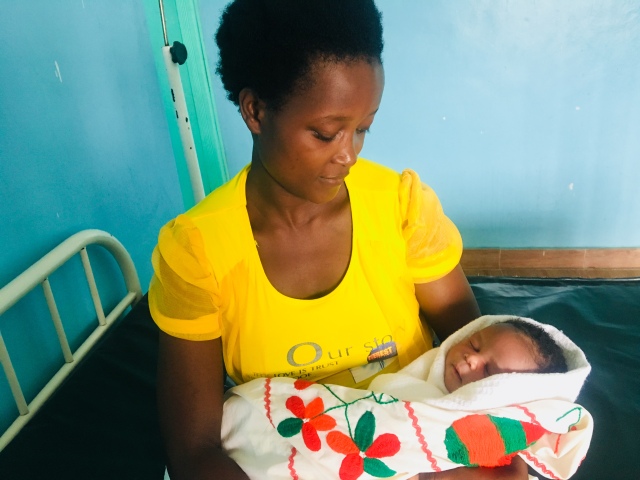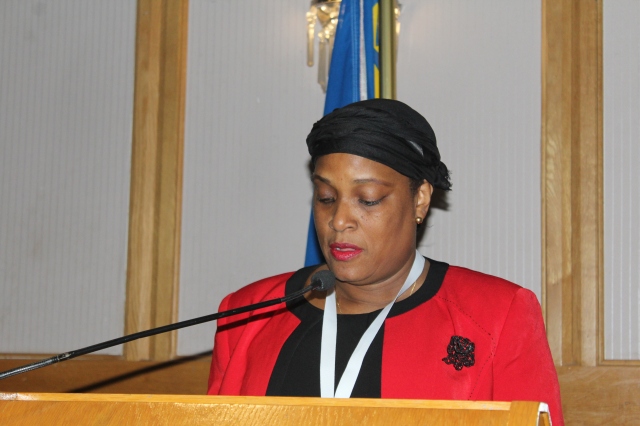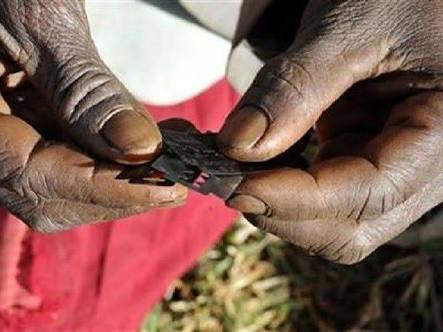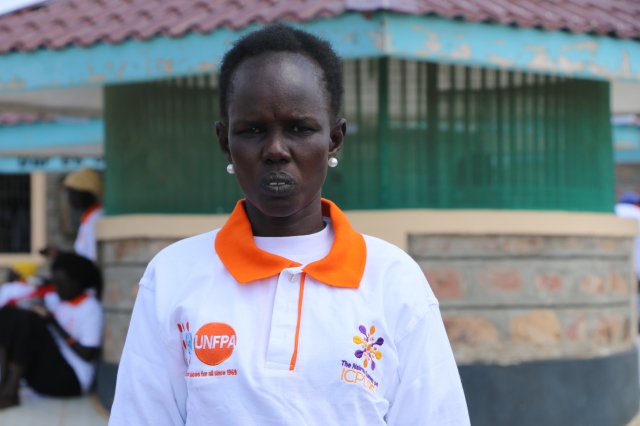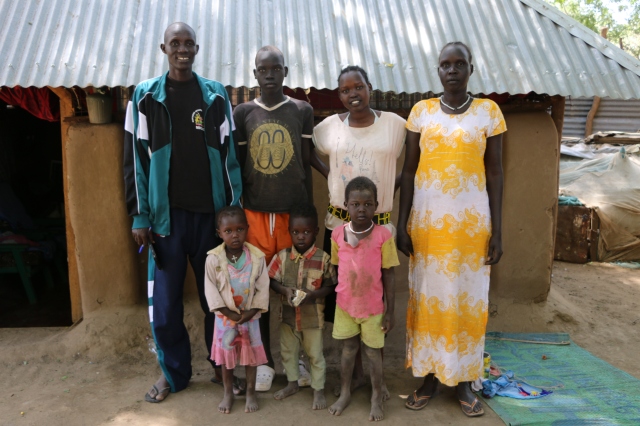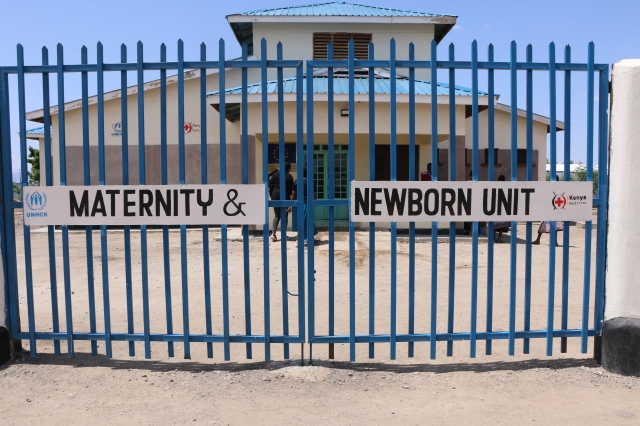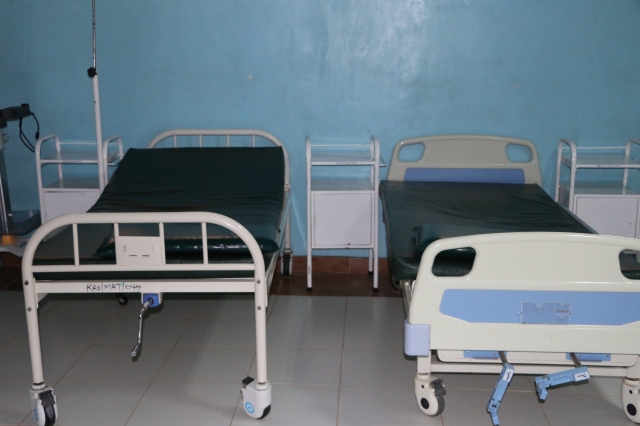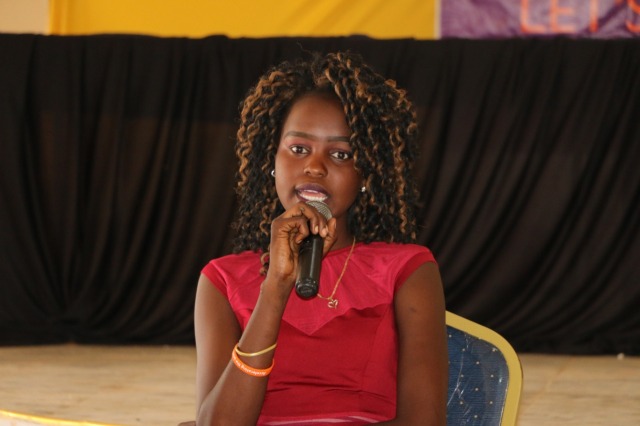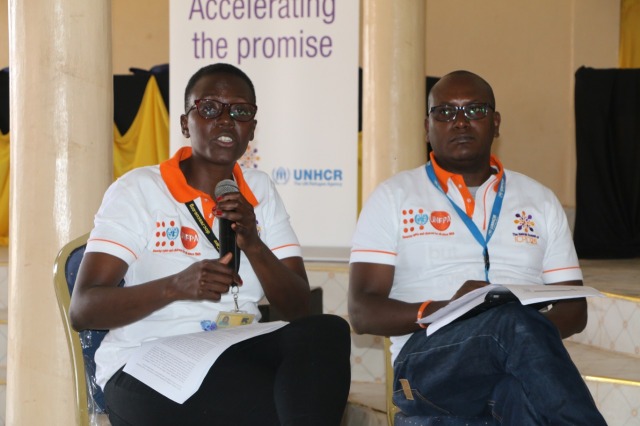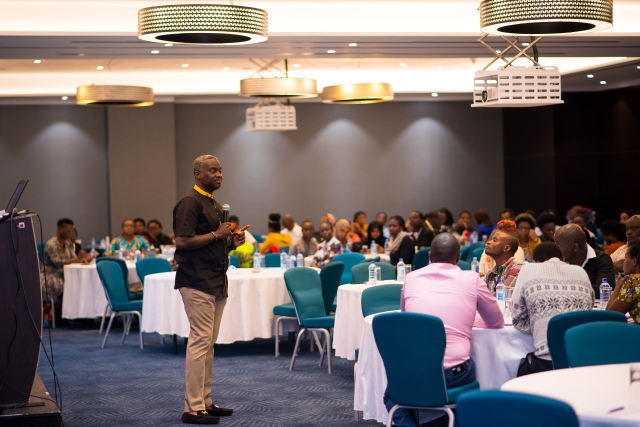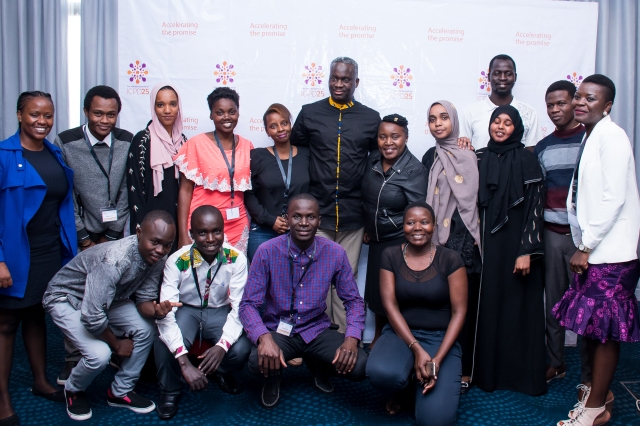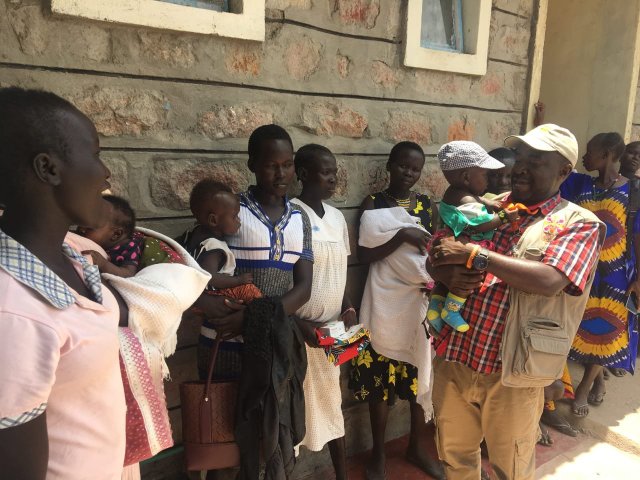
Yar Pachong, 20, is a tall dark-skinned South Sudanese refugee living at Kakuma Refugee Camp. While many South Sudanese refugees attribute their refugee status to various conflicts that have ravaged their country, Yar Pachong’s reason for leaving Rumbek, South Sudan is different.
She arrived at Kakuma refugee camp in 2003, at four years together with her mother and younger brother who was one year old.
Her father had paid half dowry when marrying her mother. He was unable to complete the remaining half of the dowry. For this reason, her grandfather wanted to marry off her mother to another man. Her mother was not okay with the idea. Yars’ mother together with her children escaped to Kakuma refugee camp, leaving Yars’ father behind.
Yar was enrolled to school and is now in Form 2. She however is not fully safe. Her uncle had planned to abduct her and marry her off in South Sudan at 15 years. She learnt of the plan and informed relevant agencies working at the camp. The agencies offered protection services to her to keep her safe as she pursues her education. However, she still receives information that her uncle has vowed to abduct her and marry her off.
Adolescents and youth form a substantial proportion of the refugee population in Kakuma refugee camp and as of April 2019, there were a total of 39,960 registered youth of whom 14,546 were female and 25,414 were male.
Yar represents many South Sudanese adolescent girls who live in constant fear of being abducted by their relatives and married off back in South Sudan, for dowry benefits. Early and forced marriage among the South Sudanese refugees is considered a cultural norm as opposed to violation of human rights. Perpetuation of the harmful traditions continue to deny young refugee women opportunities to explore their full potential in life and better their lives.
Daniel Kamerino, a community leader working in Kalobeyei Settlement detects such cases of Gender Based Violence and harmful cultures and helps the affected get necessary support.
“I identify such cases and report to Danish Refugee Council (DRC) who provide protection services to such victims” Said Daniel.
Daniel expressed, besides, early and forced marriages, teenage pregnancy cases is also quite high among adolescent girls at the camp.
“In the recent years, teenage pregnancy cases among our young girls have sharply risen,” he said.
He attributed the rise of the cases to hardships at the camp thereby compelling young girls and women to engage in survival sex. He too sighted drug and alcohol abuse as equal contributors to gender based violence cases at the camp.
Getrude Lebu, Sexual and Gender Based Violence Protection Officer at Danish Refugee Council (DRC), said the agency was prompted to offer services to refugees at the camp following incidences of GBV cases that were happening. DRC provides prevention and response services in Kakuma and Kalobeyei refugee camps.
She particularly spoke of a recently concluded project that DRC implemented together with International Rescue Committee (IRC), UNFPA Kenya, Kenya Red Cross and The People of Japan, between Jan 2018 to October 2019. The project aimed at increasing awareness on GBV and encourage both male and female survivors to report.
“The project led to opening of a 24hr SGBV Support Centre that has enabled survivors to access SGBV services including clinical management of rape and psychosocial support, ” she noted.
Besides the SGBV centre, young people are also encouraged to make use of safe spaces, youth friendly centres and sports centres at the camp.
Significantly, Mr. Kamerino noted that sensitization programs should also target parents and guardians for they often discourage their children from attending counselling and mentoring programs citing that their children risk being taught bad manners.
Besides orienting health care workers on GBV prevention and management, he advocates for sensitization of adolescents on sexual and reproductive health and rights, and behavior change programs, at the camps.
“Access to information is a challenge. The agencies should do more to protect young people,” he concluded.
He emphasized on the need for teachers, social workers, community leaders and counsellors to be trained in Sexual and Reproductive Health, prevention of GBV, life-skills education and protection of adolescent’s girls from early marriage and promotion of education.
On his part, John Wafula, Humanitarian Specialist UNFPA Kenya expressed the need to urgently address the rising cases of teenage pregnancies at the camps, as the current strategies seem to be somehow ineffective.
“The rate of teenage pregnancy is drawing attention of stakeholders, something that we urgently need to address,” Said Mr. Wafula during the evaluation stage of the project.
The ICPD25 Summit
The International Conference on Population and Development (ICPD25) opened in Nairobi on Tuesday with a rallying call for governments and multilateral institutions to promote access to modern contraceptives for women of childbearing age.
Thousands of delegates including world leaders, ministers, heads of multilateral agencies, campaigners and researchers attended the summit that is expected to revitalize the global birth control agenda.
A number of commitments have been made to advance the ICPD Programme of Action’s promise of universal access to sexual and reproductive health, of girls’ and women’s empowerment and gender equality, while leaving no one behind, in particular youth as agents of positive change and the leaders of the generation to carry forward the ICPD Programme of Action and the 2030 Agenda for Sustainable Development.
Among the commitments made at the 3-day ICPD25 Summit is to;
Uphold the right to sexual and reproductive health services in humanitarian and fragile contexts, by
Ensuring that the basic humanitarian needs and rights of affected populations, especially that of girls and women, are addressed as critical components of responses to humanitarian and environmental crises, as well as fragile and post-crisis reconstruction contexts, through the provision of access to comprehensive sexual and reproductive health information, education and services, including access to safe abortion services to the full extent of the law, and post-abortion care, to significantly reduce maternal mortality and morbidity, sexual and gender-based violence and unplanned pregnancies under these conditions.
This year marks the 25th anniversary of the International Conference on Population and Development in Cairo, where 179 governments adopted a landmark Programme of Action which set out to empower women and girls for their sake, and for the benefit of their families, communities and nations.

